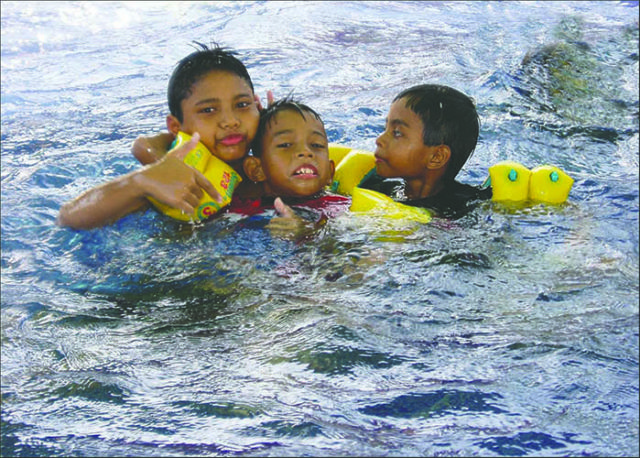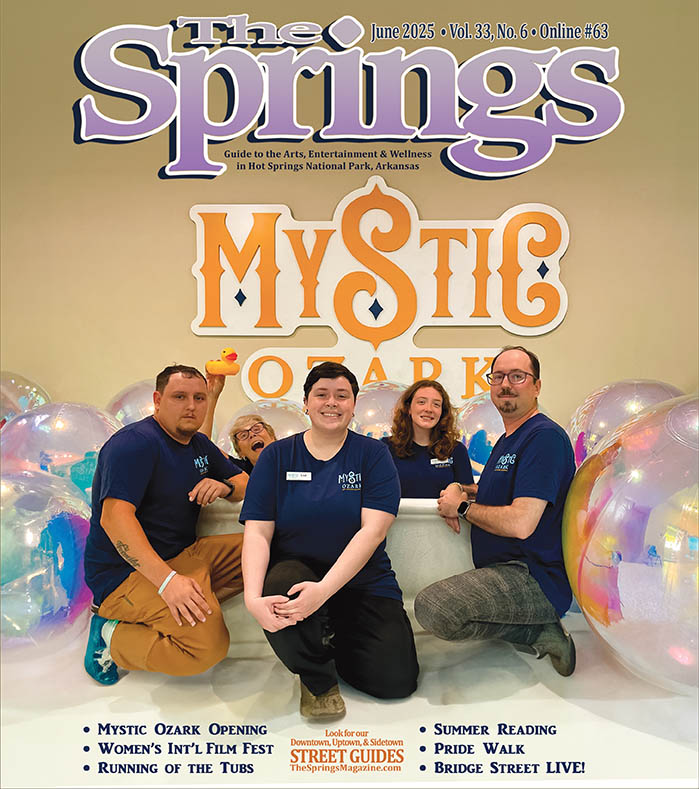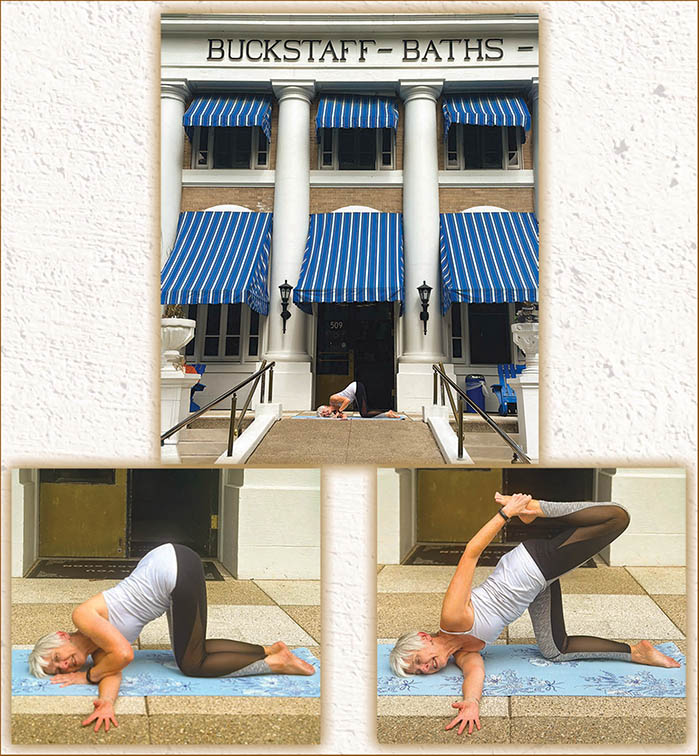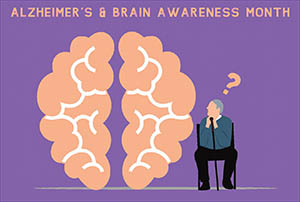Take a few moments to consider some health and safety tips to keep friends and family members safe in the water this summer.
By Alison Crane
Whether you are going to a public pool or stepping into your backyard, pool safety can have deadly consequences if precautions are not taken. Drowning is the fifth leading cause of unintentional death for people of all ages and the second leading cause of injury death for children ages one to fourteen years. Take a few moments to consider some health and safety tips.
According to the CDC, there is no evidence that the virus that causes COVID-19 can be spread to people through the water in pools, hot tubs, or water playgrounds. Additionally, proper operation of these aquatic venues and disinfection of the water (with chlorine or bromine) should inactivate the virus.
We should continue to protect ourselves and others at public pools, hot tubs, and water playgrounds, both in and out of the water. This includes following social distancing guidelines of staying at least 6 feet away from people you don’t live with and wearing cloth face covers when not in the water. Wearing of face masks excludes children under 2 years of age.
In addition, don’t visit a swimming pool or water park if you are sick with, tested positive for, or were recently exposed to COVID-19.
To ensure your family’s water safety, consider these tips:
- Talk to your children about water safety – awareness of the dangers is an important step to staying safe.
- Supervision is critical – assign the role of pool supervisor to an adult to make sure someone is always paying attention.
- Put the phone down – distraction can keep you from noticing either dangerous behavior or what is happening in the water. Keep the phone on silent, but handy in case of emergency.
- Don’t hesitate – if you think something is not right, take action. Remember people drown silently and quickly. A child can drown in less than two inches of water.
- Take swim lessons – classes will not drown-proof you or your child, but they do make a huge difference.
If you would like more information about Garland County Extension programs, contact Alison Crane at 501-623-6841 or email acrane@uaex.edu. Follow them on Facebook at @Garland ExtensionHomeLife or @GarlandCounty-UAEX.
Source for COVID-19 pool information: CDC
FAQS
Alison
Crane is a Family and Consumer Science Agent with the Garland County Extension
Service. The University of Arkansas System Division of Agriculture offers all
its Extension and Research programs to all eligible persons without regard to
race, color, sex, gender identity, sexual orientation, national origin,
religion, age, disability, marital or veteran status, genetic information, or
any other legally protected status, and is an Affirmative Action/Equal
Opportunity Employer.









